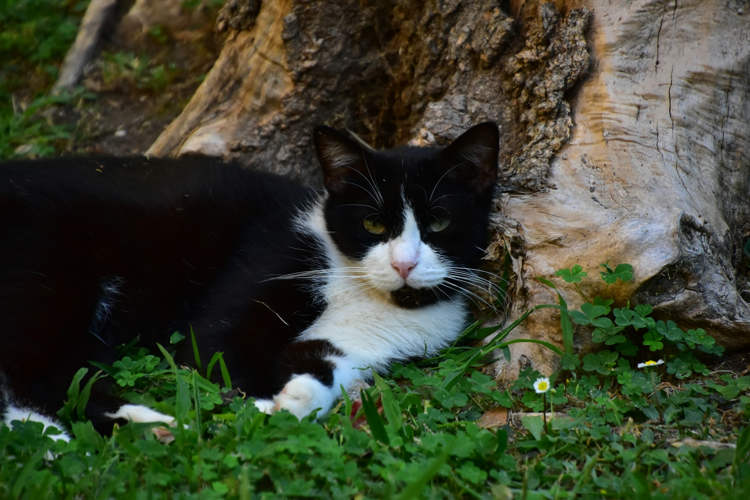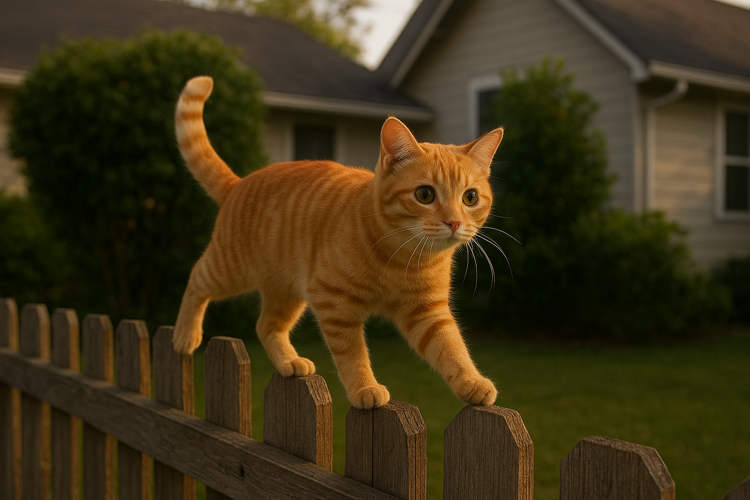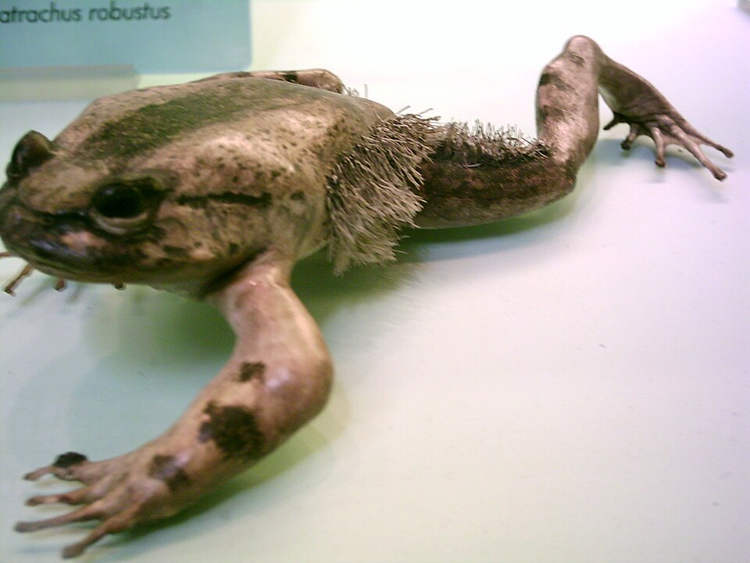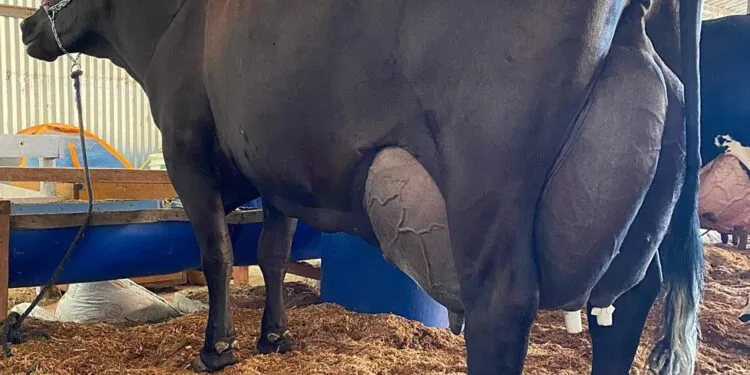According to a fascinating new study, the Andean condor spend almost all of their flying time in soaring mode, flapping their wings only 1.3 percent of the time.
Weighing up to about 16 kilograms and with a wingspan of roughly 3.3 meters, the condor is the largest flying bird in the world by combined measurement of weight and wingspan. With that in mind, it’s almost impossible to believe that it can stay airborne for at least five hours and cover a distance of over 100 miles without flapping its enormous wings once. But that was the most interesting finding of a study published by researchers at the University of Swansea after monitoring a group of condors for five years.
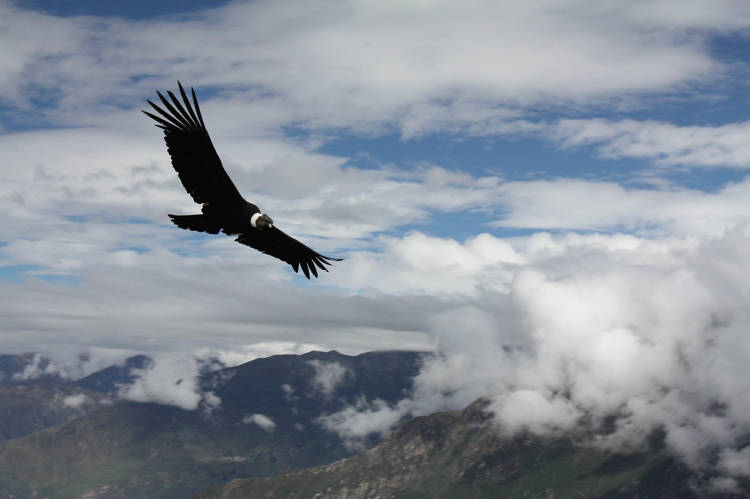
Photo: Cristina Adan/Pixabay
Between 2013 and 2018, biologist Emily Shepard and her team monitored eight Andean condors near Bariloche, Argentina by attaching flight-recorders capable of logging every single flap of the wings during the birds’ flight. They aimed to study the effects of different weather conditions on the condors’ flight, but they ended up learning something far more surprising.
In the most extreme example logged by the flight recorder, one of the condors spent over five hours soaring through the air without once flapping its wings, during which time it covered a distance of 106 miles or 172 km. Even over mountains, where the condors have to mitigate complex airflow conditions, they were able to navigate air currents with very little movement.
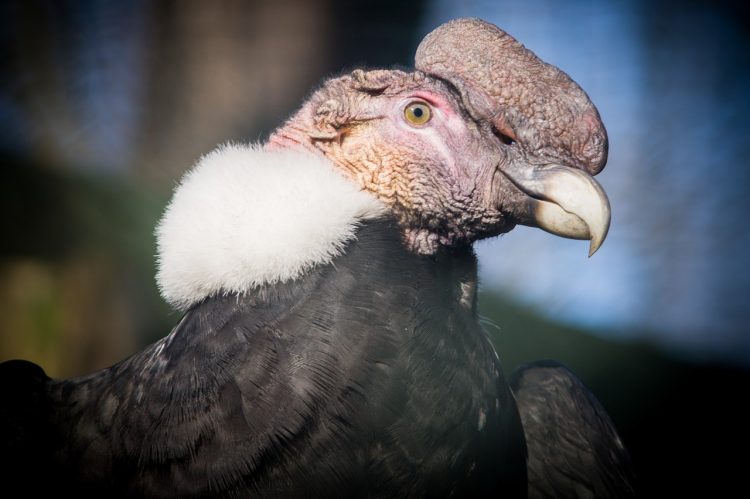
Photo: chrisbeez/Pixabay
“The extraordinary low investment in flapping flight was seen in all individuals, which is notable, as none were adult birds,” the study authors wrote. “Therefore, even relatively inexperienced birds operate for hours with a minimal need to flap.”
Researchers obtained more than 230 hours of flight data from the eight tracked condors, and out of all that, only one percent of it was spent flapping wings. Most of that one percent was during take-offs. Because of their size and weight, it takes a lot of energy for condors to take off, but once they become airborne they conserve their energy with maximum efficiency.
“The finding that Andean condors basically almost never beat their wings and just soar is mind-blowing,” David Lentink, an expert in bird flight from Stanford University, told The Associated Press.

